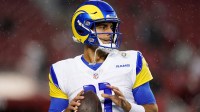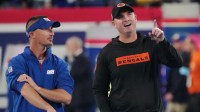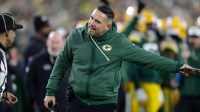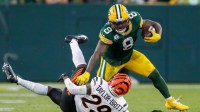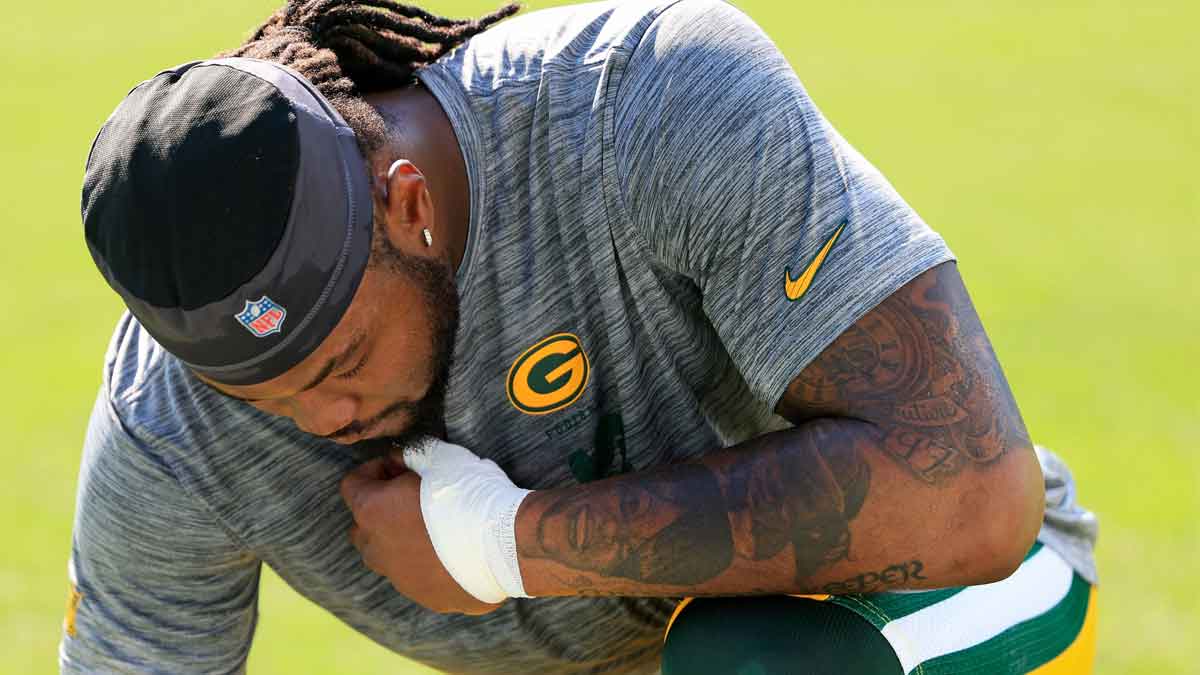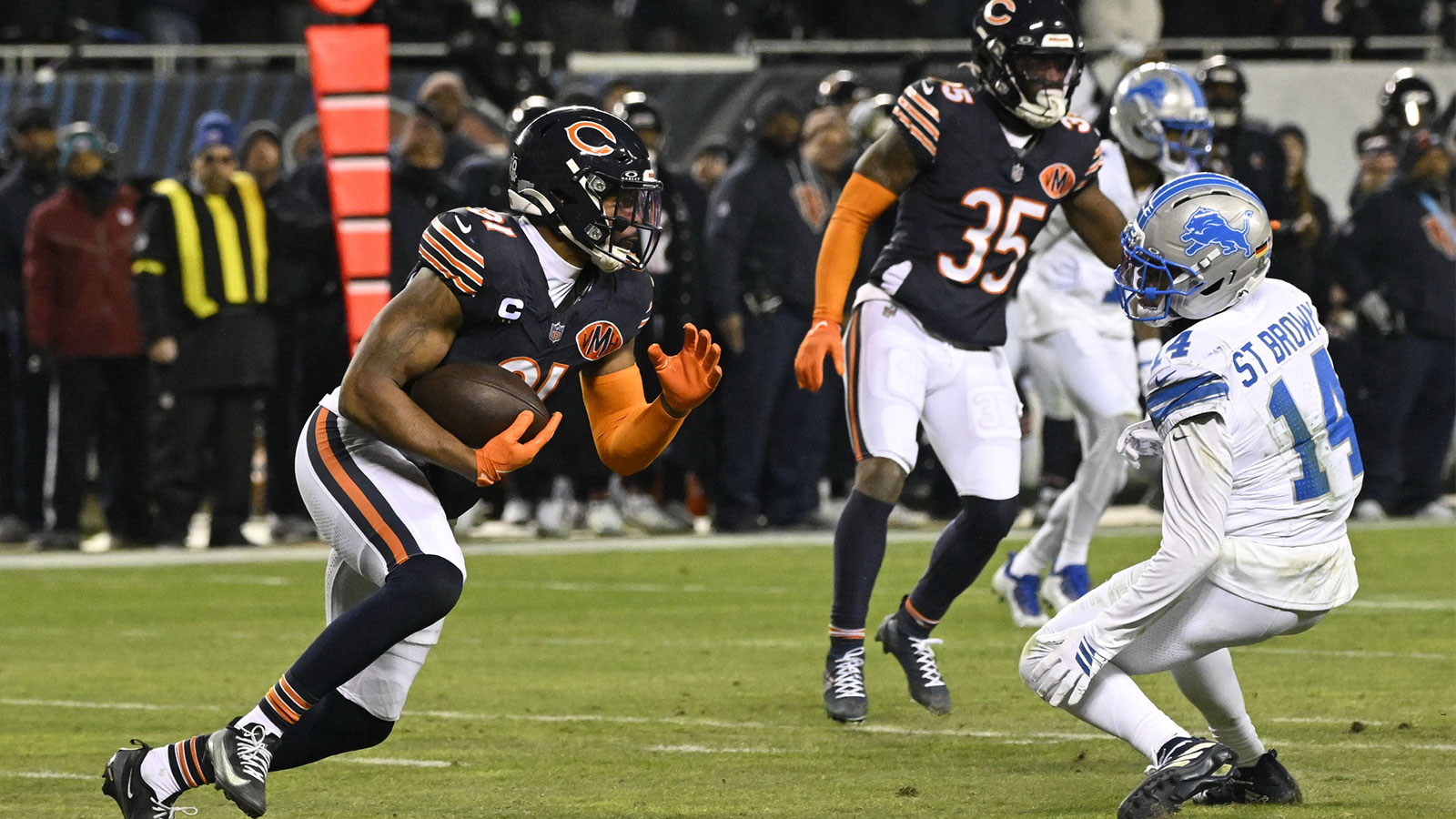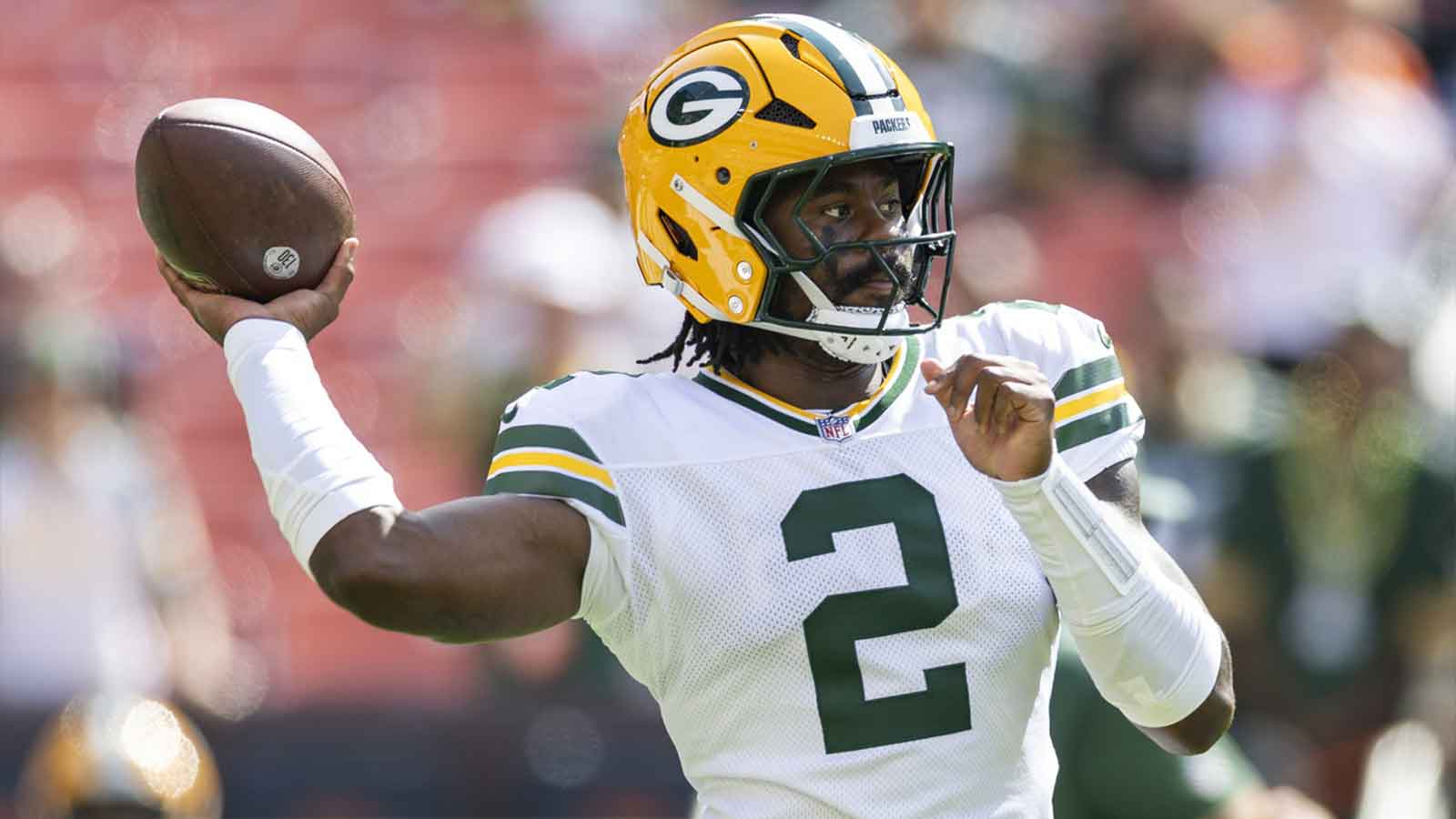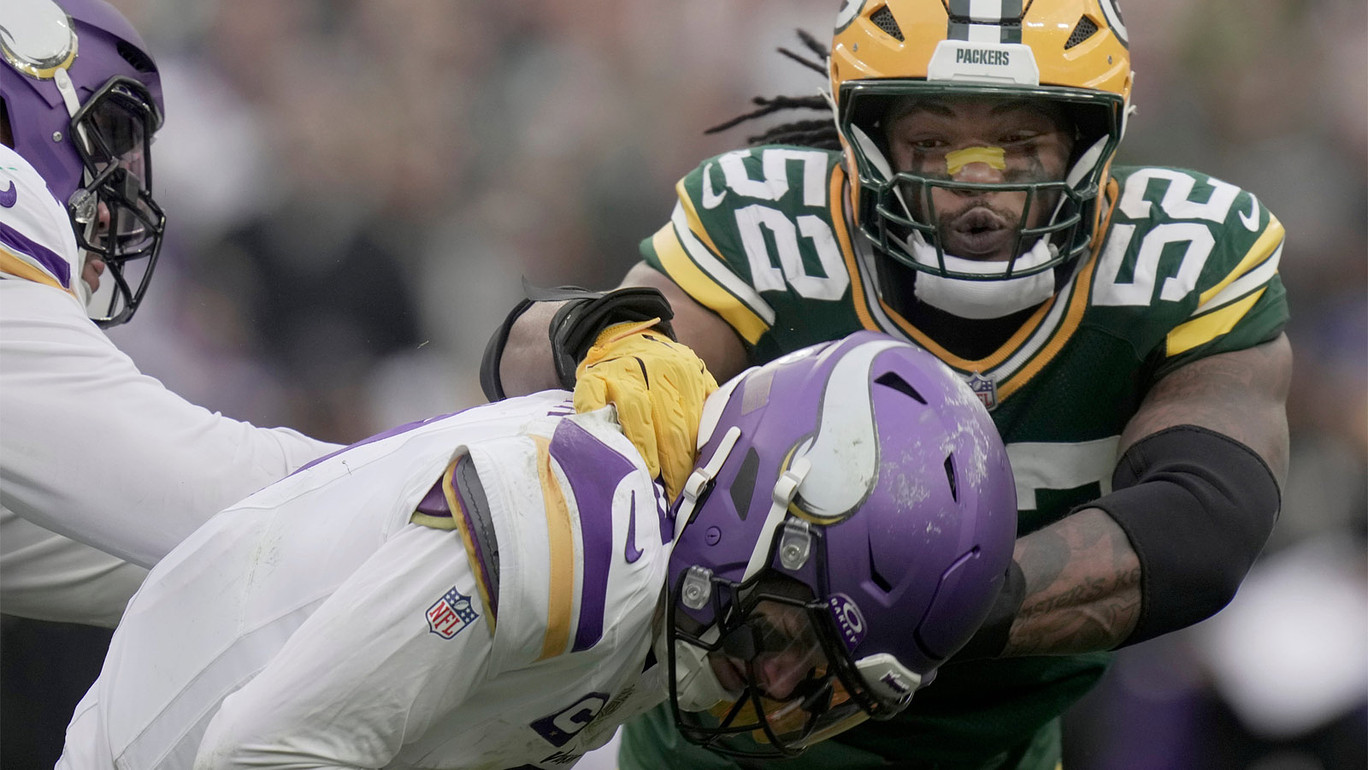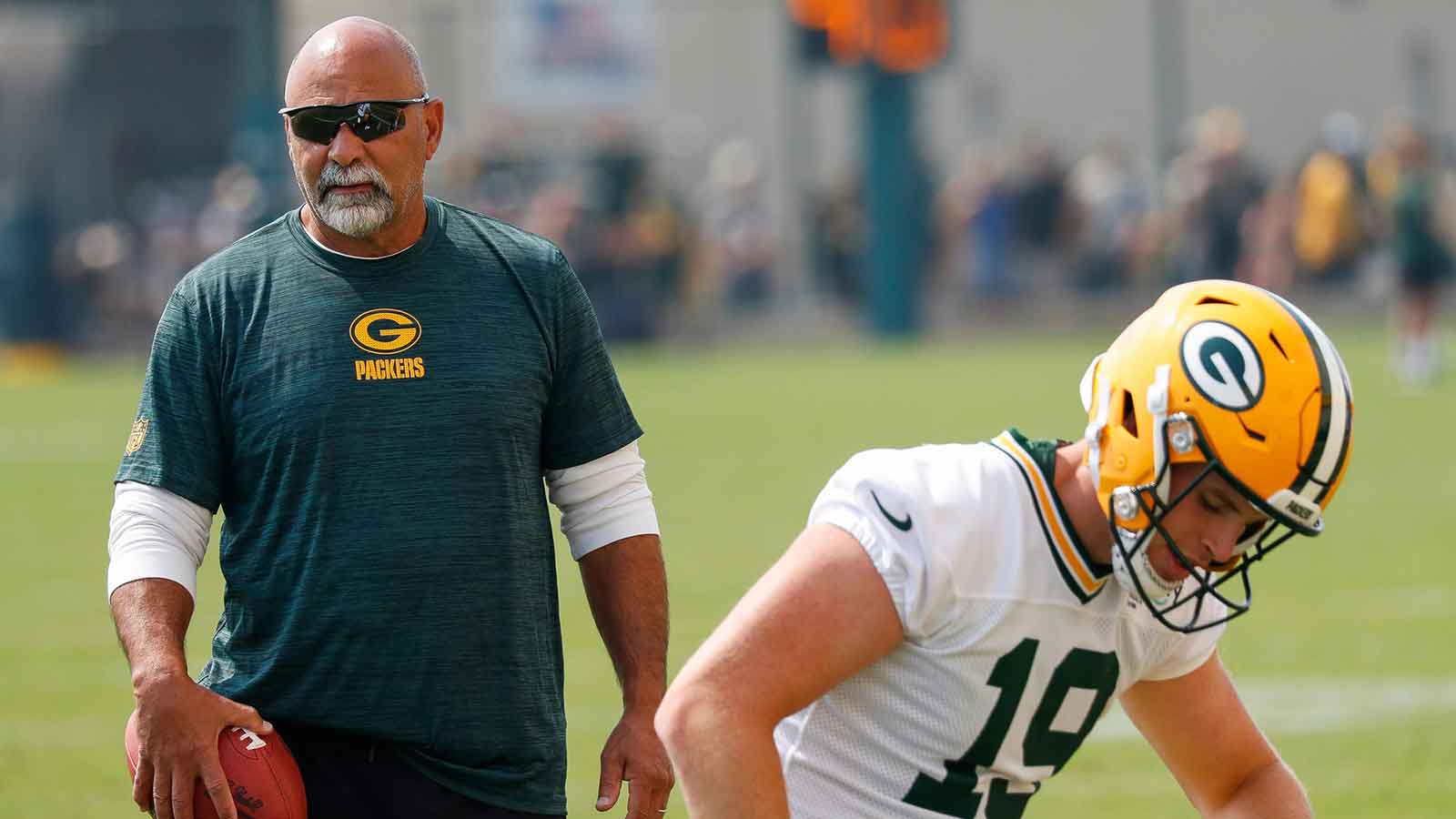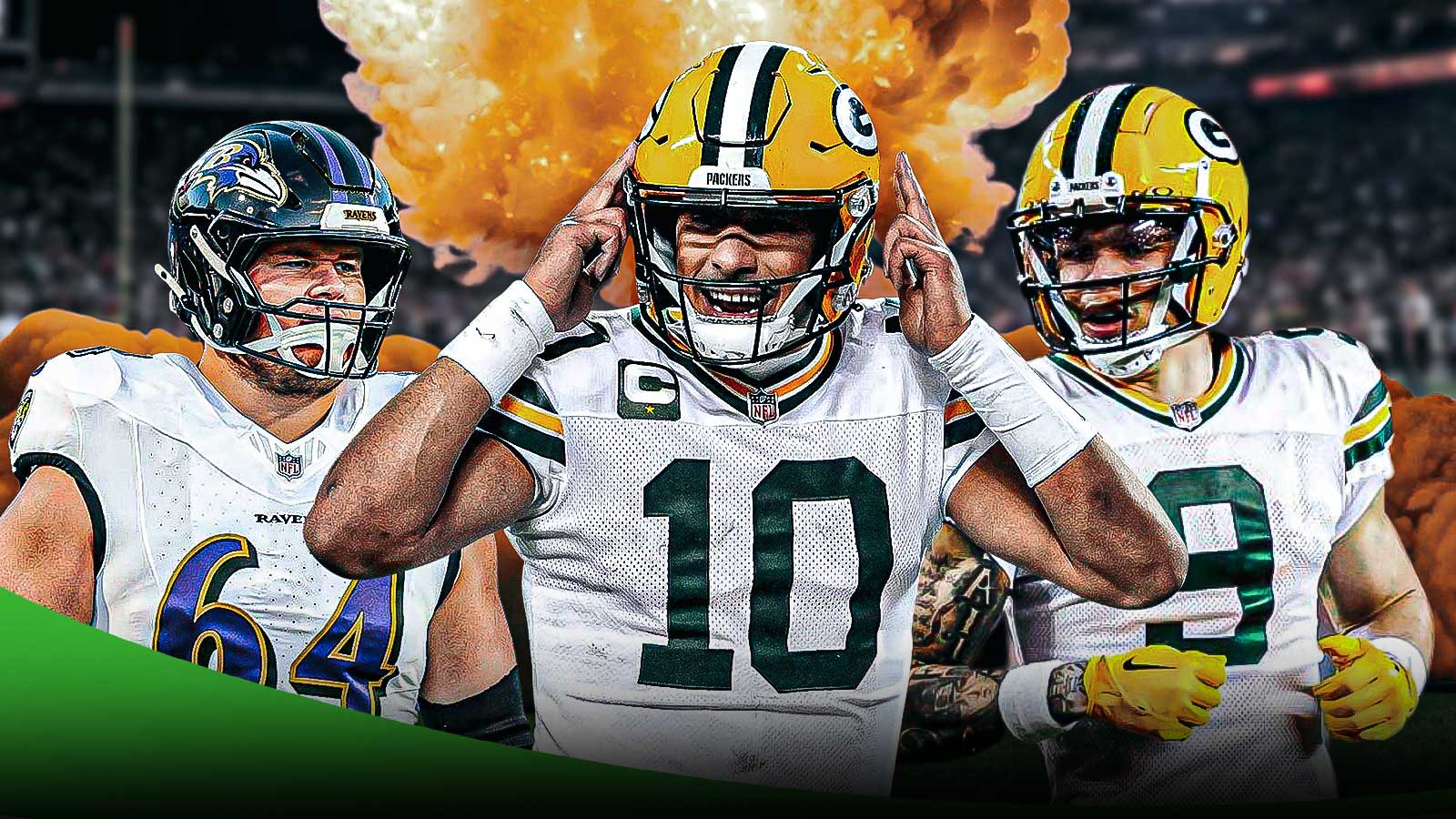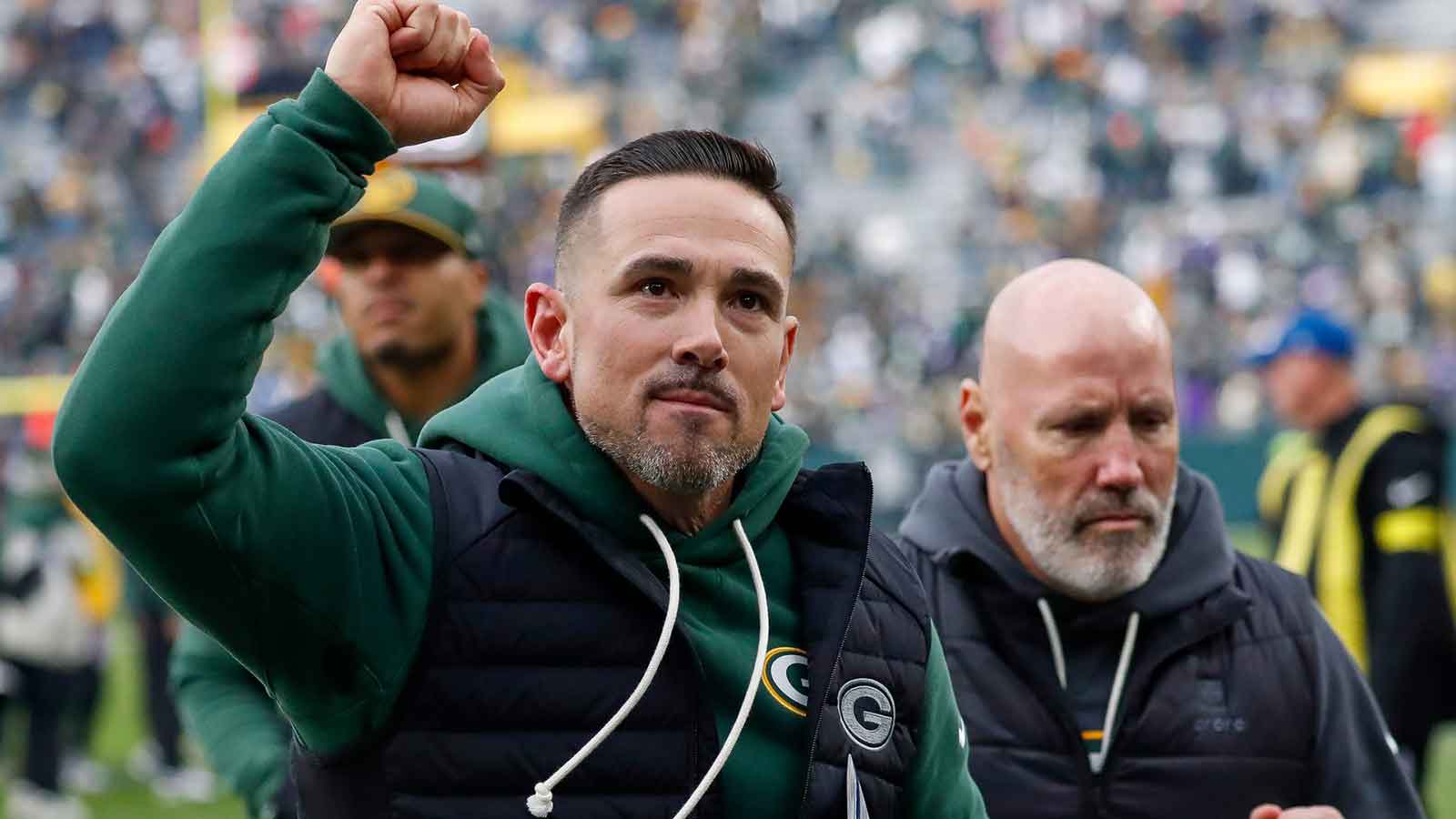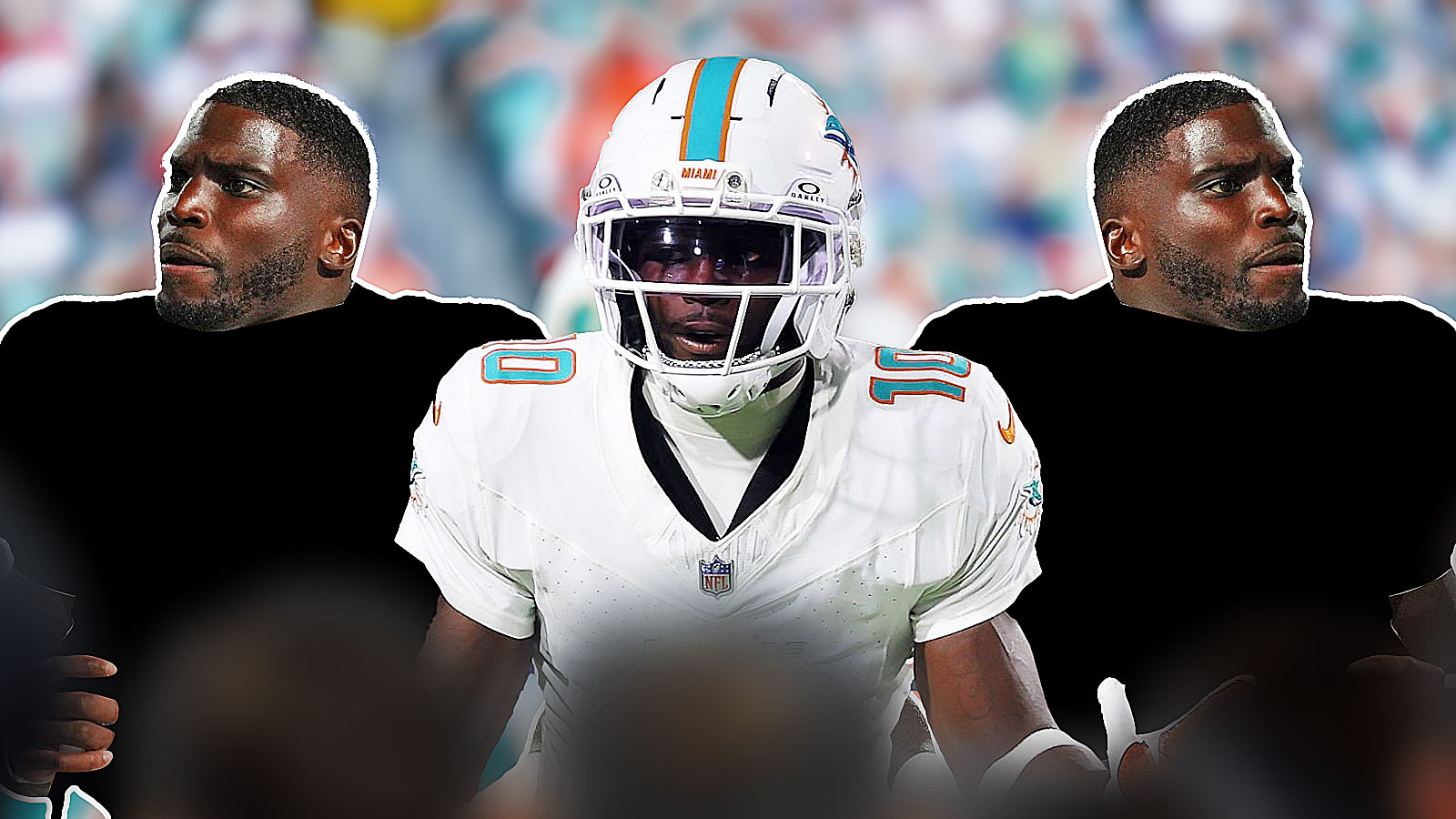The Green Bay Packers entered the 2025 NFL trade deadline with a competitive record and a legitimate path to the postseason. Yet when the dust settled on deadline day, the Packers did nothing. Right now, it looks like their inaction will be their most consequential decision yet. For a franchise that earlier traded for All-Pro pass-rusher Micah Parsons, standing pat at the deadline sends a conflicting message. Are the Packers truly in win-now mode, or are they hedging for the future?
Promise, inconsistency, and missed chances

Green Bay's 2025 season has been marked by inconsistency, despite a monumental offseason move for Parsons. His arrival instantly elevated the defense. Through Week 9, the Packers sit at 5-2-1, keeping pace in a competitive NFC North. Their defense has been dominant at times. They have looked disruptive, fast, and opportunistic at some points. However, the unit was exposed in a stunning 16-13 home loss to the Carolina Panthers. That game raised fresh doubts about their overall balance.
Offensively, Green Bay has struggled to finish drives and maintain rhythm. Quarterback Jordan Love has had moments of brilliance. However the loss of tight end Tucker Kraft to a potentially season-ending knee injury has created a massive void. Kraft’s reliability in the short passing game and red-zone efficiency had made him one of Love’s most trusted weapons. Without him, the Packers’ offense suddenly looks predictable and limited.
Hitting pause
Again, the Packers chose to basically stand pat at the 2025 NFL trade deadline. This came even as rumors swirled about potential deals for David Njoku (Cleveland Browns) and Kyle Pitts (Atlanta Falcons). Both of whom reportedly drew interest from Green Bay. After going all-in for Parsons earlier in the year, the team’s midseason silence has drawn criticism for lacking consistency and conviction.
True to form, the Packers will attempt to address their issues internally. Expect them to mix scheme adjustments with depth pieces and bargain-bin signings. For a team poised to contend, though, the quiet deadline feels like a missed opportunity to solidify their Super Bowl ambitions.
Here we'll try to look at and discuss the Green Bay Packers' biggest mistake at the 2025 NFL trade deadline.
Why the Packers chose to stand pat
According to insiders, the Packers wanted to preserve draft capital and trust internal depth. General manager Brian Gutekunst and head coach Matt LaFleur reportedly felt that any available trade target would serve as a short-term patch rather than a long-term solution.
The thinking is understandable in theory. Keep in mind that the Packers already boast a talented roster anchored by Parsons, Love, and a dynamic young receiver group. In practice, though, that logic overlooks the fact that the NFC North is shaping up to be a slugfest. Every win matters, and every weakness will be exploited. Standing pat may protect the future, but it jeopardizes the present.
Failing to acquire a tight end
The Packers’ biggest mistake was not replacing Kraft. His injury leaves the offense without a true safety blanket. Kraft’s chemistry with Love helped sustain drives and opened up space for receivers downfield. Losing him means more pressure on the quarterback and fewer reliable options in short-yardage and red-zone situations.
Several veteran tight ends were reportedly available, including Njoku and Pitts. Still, Green Bay failed to pull the trigger. Both players would have provided instant production and experience, particularly Njoku. He who fits LaFleur’s scheme perfectly as a dual-threat blocker and receiver. Instead, the Packers are left with developmental players and role-specific backups. This was a clear case of missed opportunity.
Keeping a thin cornerback room
Equally concerning was the Packers’ failure to address their secondary. This has been inconsistent all season. The Week 9 loss to Carolina underscored the problem. The Panthers just exploited mismatches and exposed coverage lapses downfield.
Green Bay was rumored to explore cornerback options, but they ultimately stood aside while the Philadelphia Eagles acquired both Jaire Alexander and Jaelen Phillips. The Packers, who once boasted elite cornerback depth, suddenly look shallow in comparison.
Relying on internal solutions at this point is risky. Without reinforcements, Green Bay’s secondary could be its undoing in December. Championship teams plan for attrition. The Packers didn’t.
Lacking conviction
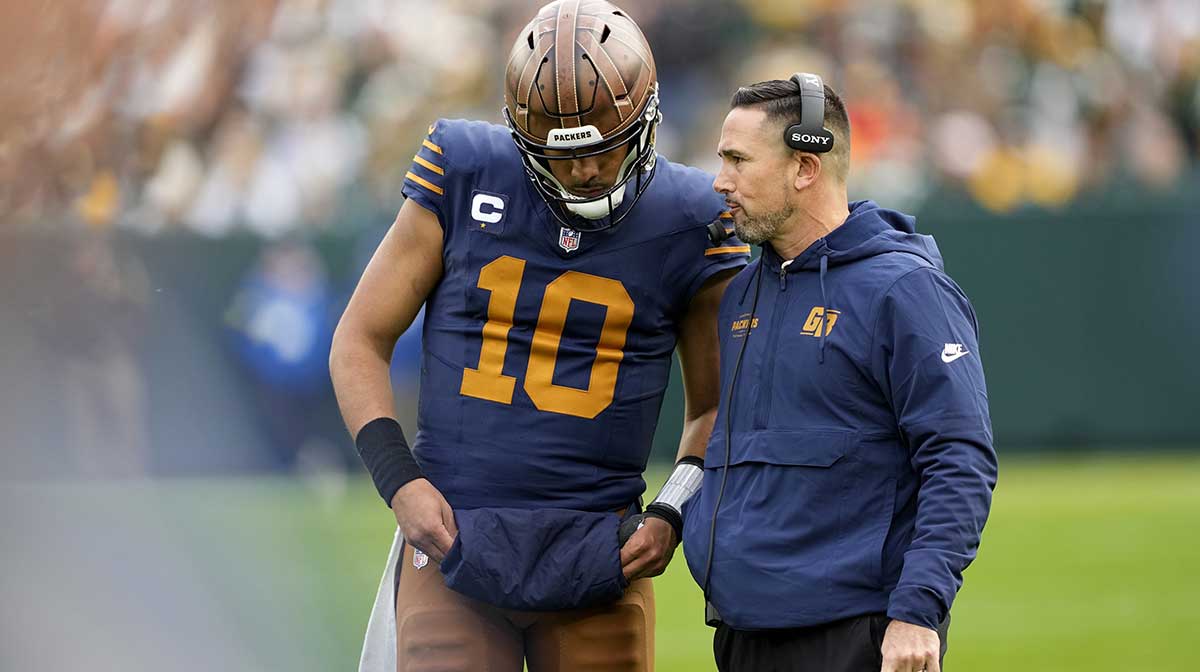
Perhaps the most perplexing part of the Packers’ deadline silence is what it says about their seemingly conflicting mindset. Acquiring Parsons was a bold, win-now move. Refusing to make any follow-up improvements suggests a front office unsure whether to go all-in or play it safe.
The mixed messaging is hard to ignore. On one hand, Gutekunst spoke all summer about maximizing the team’s championship window. On the other, the lack of urgency at the deadline betrays that very vision. Green Bay missed a chance to reignite momentum after the demoralizing loss to Carolina and to reaffirm their status as true NFC contenders. Instead, they appear content to coast on hope rather than action.
Silence now will echo loudly later
The Packers’ 2025 trade deadline was not catastrophic, but it will be costly. By choosing patience over proactivity, they left themselves vulnerable in key areas. A bold move for a tight end or cornerback could have stabilized the team and sent a message of intent. Instead, Green Bay’s silence spoke volumes.
In a year where the NFC is wide open, the Packers may have missed their best chance to separate themselves from the pack. Parsons’ arrival gave them championship swagger. Their deadline hesitation stripped some of it away.



